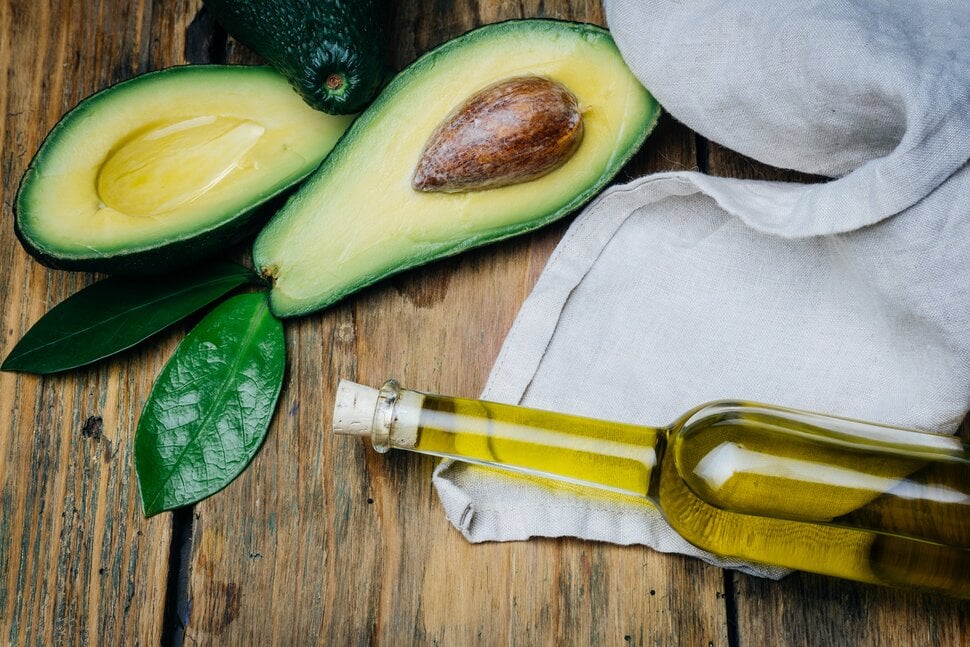Avocado oil, like everything else, is becoming increasingly popular among consumers. Avocado oil is high in vitamins, minerals, and the type of fats linked to a lower risk of heart disease, stroke, and diabetes. However, new research from food science experts at the University of California, Davis, indicates that most avocado oil sold in the United States is of poor quality, mislabeled, or adulterated with other oils.
In the United States, 82% of avocado oil sold is either rancid or mixed with other oils. UC Davis researchers discovered three bottles labeled as avocado oil contained no avocado oil at all.
The Search for Avocado Oil
UC Davis researchers report that at least 82 percent of test samples were either stale before the expiration date or mixed with other oils in the country’s first extensive study of commercial avocado oil quality and purity. Bottles labeled pure or extra virgin avocado oil contained nearly 100% soybean oil in three cases, an oil commonly used in processed foods that is much less expensive to produce.
I was surprised some of the samples didn’t contain any avocado oil. Most people who buy avocado oil are interested in the health benefits, as well as the mild, fresh flavor, and are willing to pay more for the product. But because there are no standards to determine if an avocado oil is of the quality and purity advertised, no one is regulating false or misleading labels. These findings highlight the urgent need for standards to protect consumers and establish a level playing field to support the continuing growth of the avocado oil industry.
Selina Wang, Cooperative Extension specialist in the Department of Food Science and Technology
(Source: UC Davis)
Testing the Oils
Wang and Hilary Green, a Ph.D. student in Wang’s lab, examined various chemical parameters of 22 domestic and imported avocado oil samples, including all brands available in local stores and online.
In addition to testing commercial brands, we also bought avocados and extracted our own oil in the lab, so we would know, chemically, what pure avocado oil looks like
Selina Wang, Cooperative Extension specialist in the Department of Food Science and Technology
Oils of various prices were tested, some labeled extra virgin or refined. Virgin oil is supposed to be extracted mechanically from fresh fruit, whereas refined oil is processed with heat or chemicals to remove flaws.
Fifteen of the samples had been oxidized before their expiration date. Oil loses its flavor and health benefits as it oxidizes over time and when exposed to excessive light, heat, or air. Six samples were mixed with many other oils, such as sunflower, safflower, and soybean oil.
Only two brands produced pure, non-oxidized samples. Chosen Foods and Marianne’s Avocado Oil were two refined avocado oils made in Mexico. CalPure, a virgin grade produced in California, was more pure and fresh than the other samples in the same grade. (Source: UC Davis)
Image from Health.USnews
